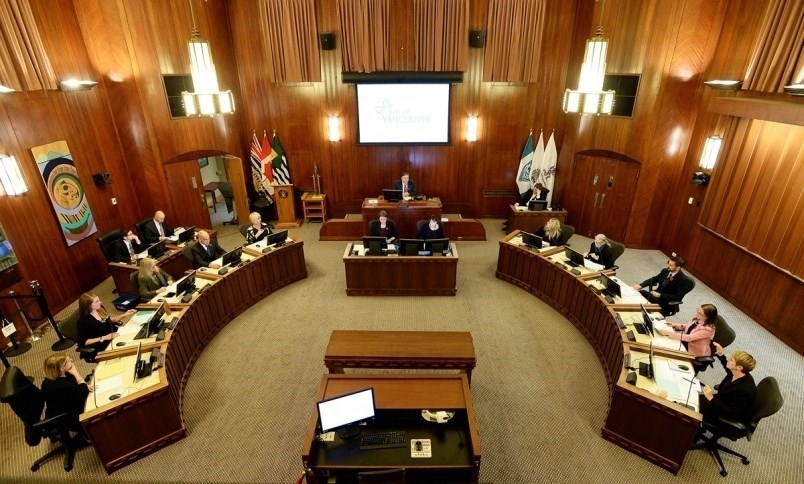That was a warning from Patrice Impey and Colin Knight of the city’s finance team in a presentation they delivered remotely to city council Tuesday that included a five-year financial outlook.
“So what that means as we look out to the next five years is a continuation of pressures, which would result in tax increases of five per cent or more and utility increases of six per cent or more,” Knight said.
Knight said the expenditure growth is being driven by several factors, including the need to replace aging water and sewer infrastructure and increases in public safety wages and the region’s utility charges.
Costs of construction and raw materials have also climbed.
Another area, which attracted the attention of several councillors, is the increased involvement by the city in housing and child care, which are domains that have traditionally been the jurisdiction of senior governments.
Council unanimously passed a motion introduced by Coun. Sarah Kirby-Yung that will have staff quantify the funds allocated to “downloaded services that have previously traditionally been delivered by senior governments, including in areas such as but not limited to child care, housing and homelessness services.”
At the same time, Coun. Adriane Carr asked that staff’s investigation include total money received from senior governments related to those areas. Carr argued city spending on homelessness, child care and housing has helped lever provincial and federal government investments.
The purpose of staff’s presentation Tuesday was to give council an update on as staff prepare a 2022 budget for council to approve in December.
Last year, council approved a five per cent property tax hike to balance a $1.597 billion operating budget, which was one per cent or $19 million lower than the 2020 budget.
The capital plan was reduced by $8 million, discretionary spending was reduced and $57 million of the city’s stabilization reserve was required to balance the budget. Temporary layoffs for union workers, reduced work weeks for managers and voluntary pay cuts by council also occurred.
As Glacier Media has reported in previous stories, COVID-19 has greatly affected the city’s finances, with a revenue loss of $89 million last year and another $90 million loss predicted this year.
Losses have largely been driven by reductions in parking revenues, permit and program fees and provincial revenue sharing from such revenue generators as casinos, which are slowly reopening this month.
Earlier this year, council approved a motion to have staff consider a 2022 draft budget that does not allow a property tax hike of more than five per cent — a request that will require “a limited spending budget,” Knight said.
“Staff will work hard to maintain services within these financial constraints, but there will be limited funding available for new programs or program improvements, and there may be areas where decisions need to be made about spending less in certain areas, which could have an impact on programs and services,” he said.
An unknown cost for city staff in preparing a 2022 draft budget is whether an additional $5.6 million will have to be spent this year on funding the 麻豆传媒映画Police Department.
In December 2020, a majority of council approved a 2021 police budget of $316 million, about $766,000 more than the 2020 budget, but $5.6 million less — total figure was $5,689,974 — than the VPD requested for this year’s budget.
The 麻豆传媒映画Police Board has since appealed the decision to Wayne Rideout, B.C.’s director of police services. Impey told council Tuesday that city staff has yet to hear a decision from Rideout.
The outstanding issue comes two weeks after the VPD announced that it predicts it will be over budget by $4.98 million by the end of the year, which would be the first time in 16 years the department hasn’t balanced a budget.
The VPD is the largest tax-funded department in the city.
Glacier Media asked Mayor Kennedy Stewart at a news conference last week how the VPD’s financial situation coupled with a positive decision from Rideout on adding another $5.6 million to this year’s budget could affect the city’s 2022 budget.
“Really, until we know what [Rideout’s] decision is, we really can’t put any additional plans in place,” said Stewart, who doubles as chairperson of the police board but has relinquished that duty to board member Faye Wightman.
“We’re trying to plan for this year’s budget as best we can, and having those ongoing conversations based on a very tough reality, which is how hard both responding to COVID and the reductions in revenues has hit our finances.”
Council is expected to get its first look at staff’s draft budget Dec. 1.
@Howellings



